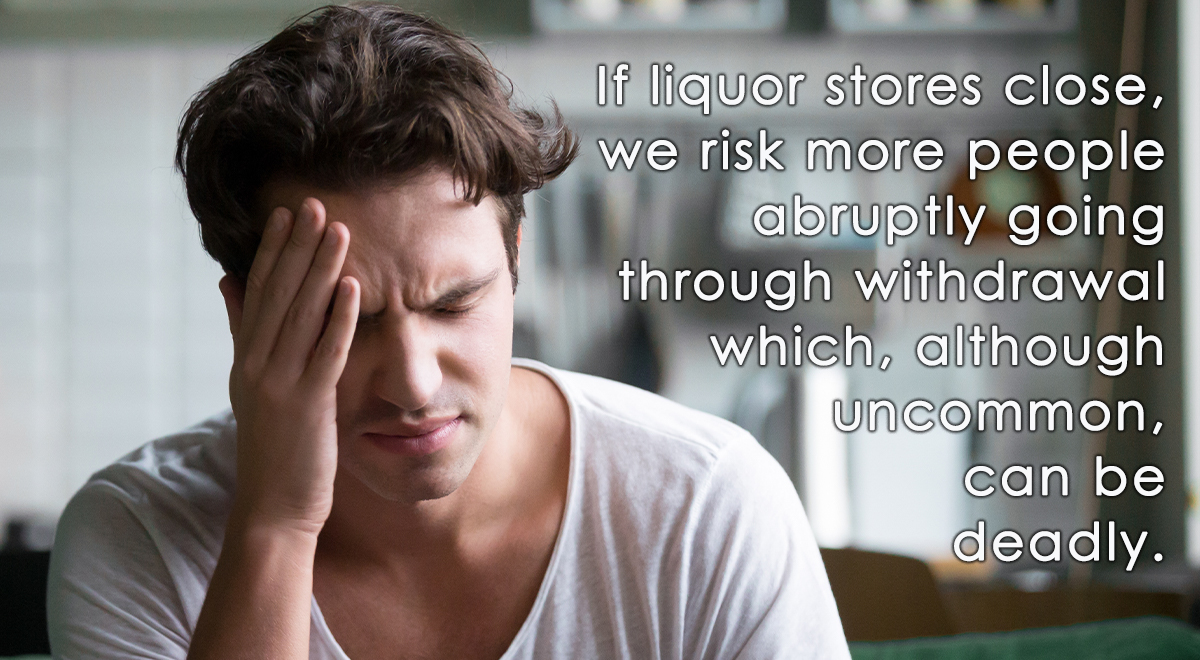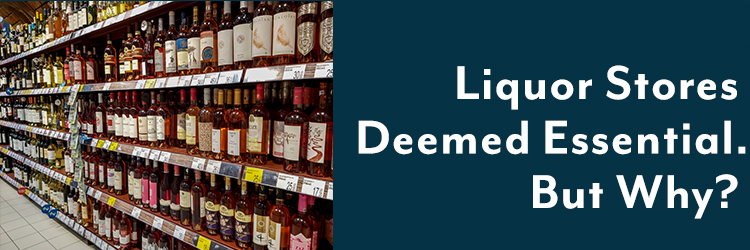[vc_row][vc_column][vc_column_text]Across the country, Governors are putting very strict mandates on business practices, travel, schools and even leaving the house because of the COVID-19 pandemic. So far 16 states, nine counties and three cities have adopted shelter in place orders. But even states without such mandates are taking extreme precautions. This week in Maryland, for example, Gov. Larry Hogan made an executive order to close all non-essential businesses. What might seem surprising to many is that in Maryland, and most other states besides Pennsylvania, liquor purveyors are considered essential businesses. 








